The assumption is that every proud dog owner raises his dog (or dogs) to the best of his knowledge.
Sure, not all doggos have the same starting position in the first place. There are many different factors that we need to take into account, such as location, owner experience, family type, and so on.
That being said, we can sometimes unknowingly do certain things that might do harm to our furry buddies, which can totally change the nature of the relationship we have with them.
One of the most common things owners can do unintentionally to their dogs, though, is hurt their feelings. Even having your dog’s best interest at heart, you can inadvertently affect your relationship with your dog, and that’s certainly not what you wish for!
In order to avoid all that, here are fifteen things that can easily hurt your companion’s feelings that you should pay attention to!
#1 Neglecting Their Needs

First and foremost, you should never, ever ignore your dog when he’s trying to communicate with you! Dogs are social animals and their communication with you is extremely important for their well-being.
They see you as the pack leader who they look up to, and when that particular segment of their life is taken away from them, their entire nature changes.
Ignorance or neglecting their needs unknowingly has the same negative effect on their welfare as aversive training methods. And, according to Vieira de Castro et al1, canines primarily disciplined with aversive methods generally display more stress-related behavior.
#2 Using Ruff Methods
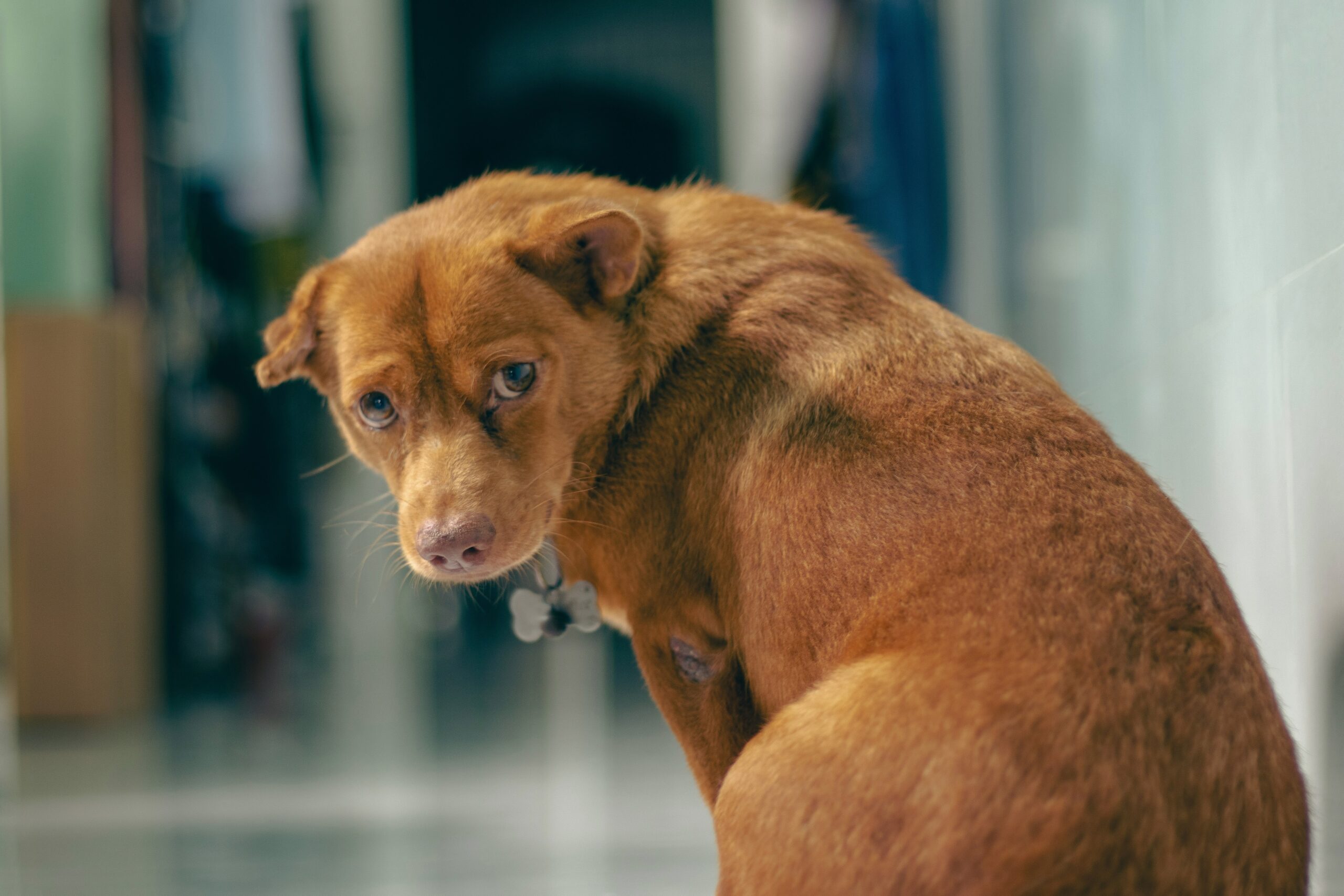
How many times have you heard from random people that “dogs need to be taught manners”? Well, they do, but rough methods are certainly not the way to do it!
In fact, any kind of physical punishment is completely inappropriate and highly imprudent, as dogs do not respond well to harsh practice!
On the other hand, hitting your dog or yelling at him is practically abuse, and most certainly not a way to build a trustworthy relationship with your dog.
Harsh training methods can trigger severe stress in your dog instead of teaching him good manners, and that’s something no respectable dog owner can afford.
#3 Constant Change Of A Routine

Even the smartest dogs in the world have a hard time changing their routine. This is because dogs are creatures of habit and that’s simply how they roll!
Constantly changing their routine is certainly not the way to go, especially because it gives them a signal that “something’s wrong.” If you have always fed them early in the morning and now you all of a sudden decide to change that, your dog might feel highly upset.
The same goes for walks, play time, and napping.
Once you set up your dog’s routine – I advise you to stick to it. Otherwise, you might affect your dog’s feelings.
#4 “Crate Discipline”
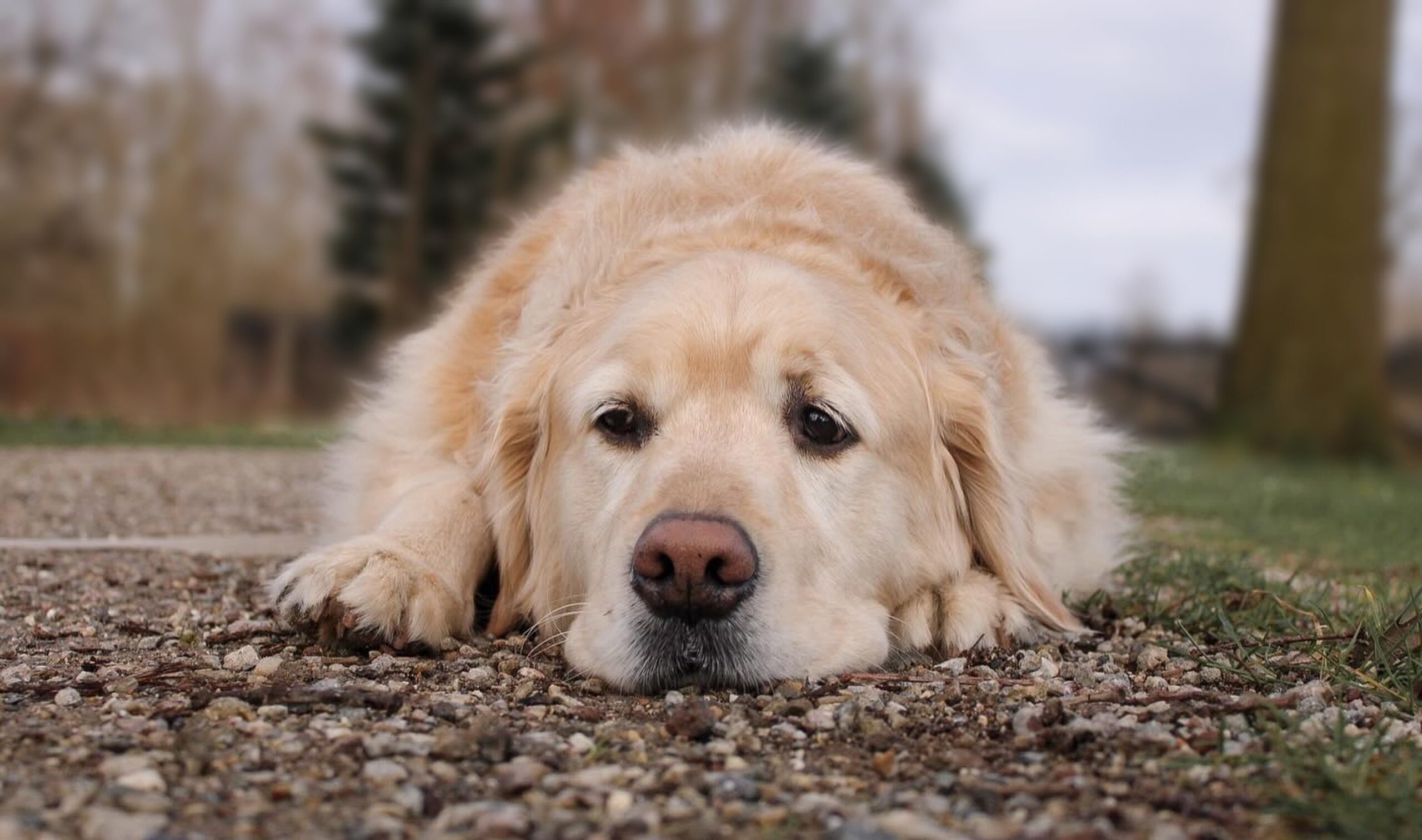
According to Vieira de Castro et al2, the use of aversive methods, such as pain-inducing collars or other techniques that induce pain in dogs is highly controversial. Most certainly, forcing your dog in a crate is no different, as it directly affects the dog’s welfare.
One thing is to teach your dog to spend a night in the crate while you’re traveling, but restraining your dog from moving freely sends a negative signal and impact’s his well-being.
Crate discipline is definitely not a good method for teaching your dog how to behave properly. Instead of a happy, enthusiastic pooch, your companion will probably cope with trust issues, stress, and anxiety.
#5 Scolding Them For “House Accidents”
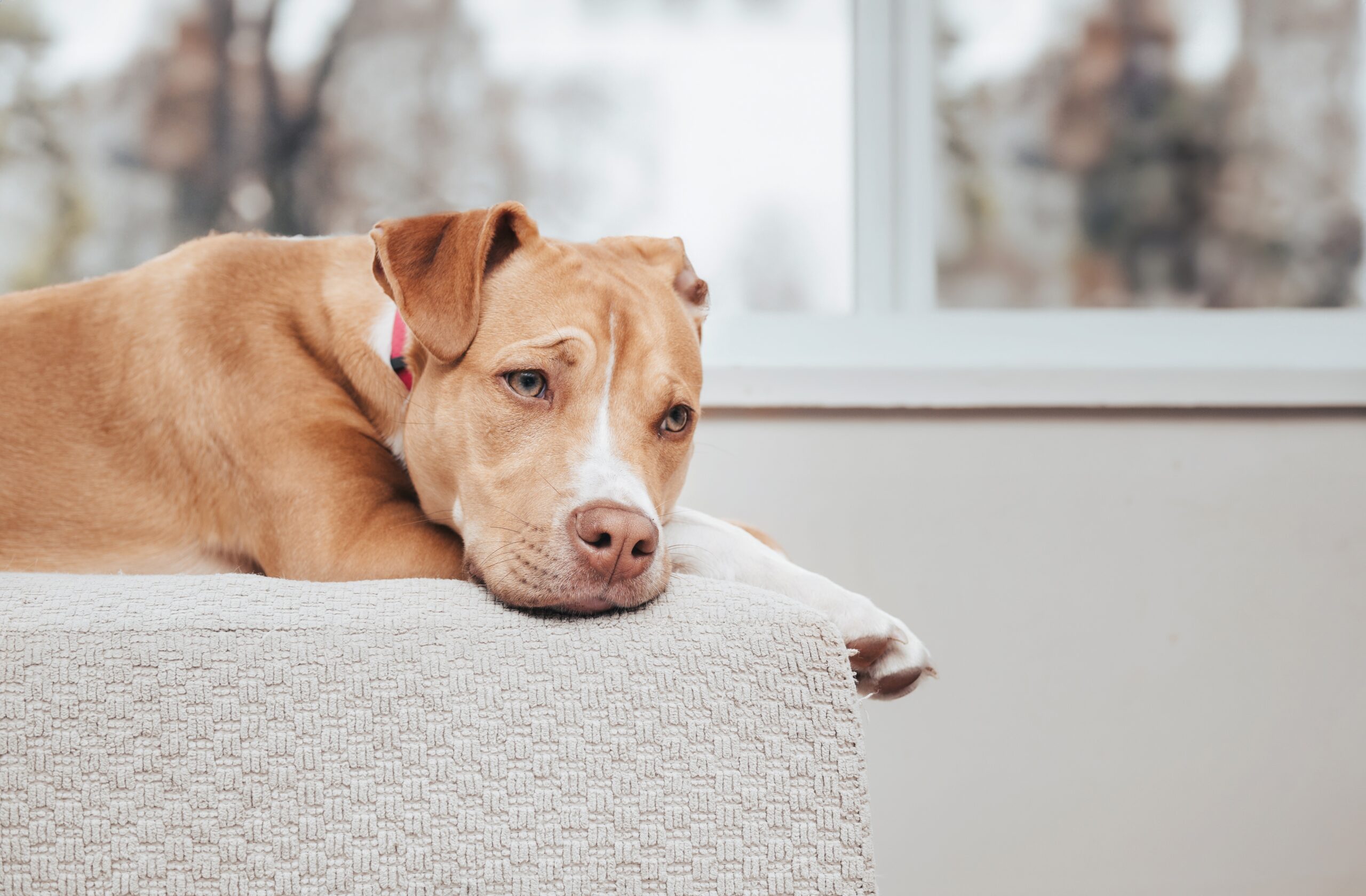
The “how to punish your dog for pooping” dilemma has one answer and one answer only – be patient and try not to make a big deal out of it.
Rubbing their nose in it cannot do any good to your dog, and it is most likely that he will start hiding his poop from you instead of learning how to go potty properly.
Scolding a dog for pooping or peeing in the house can severely hurt your dog’s feelings, especially during the puppyhood stage. So, instead of giving them a time out, try to be more considerate.
#6 Not Rewarding Them
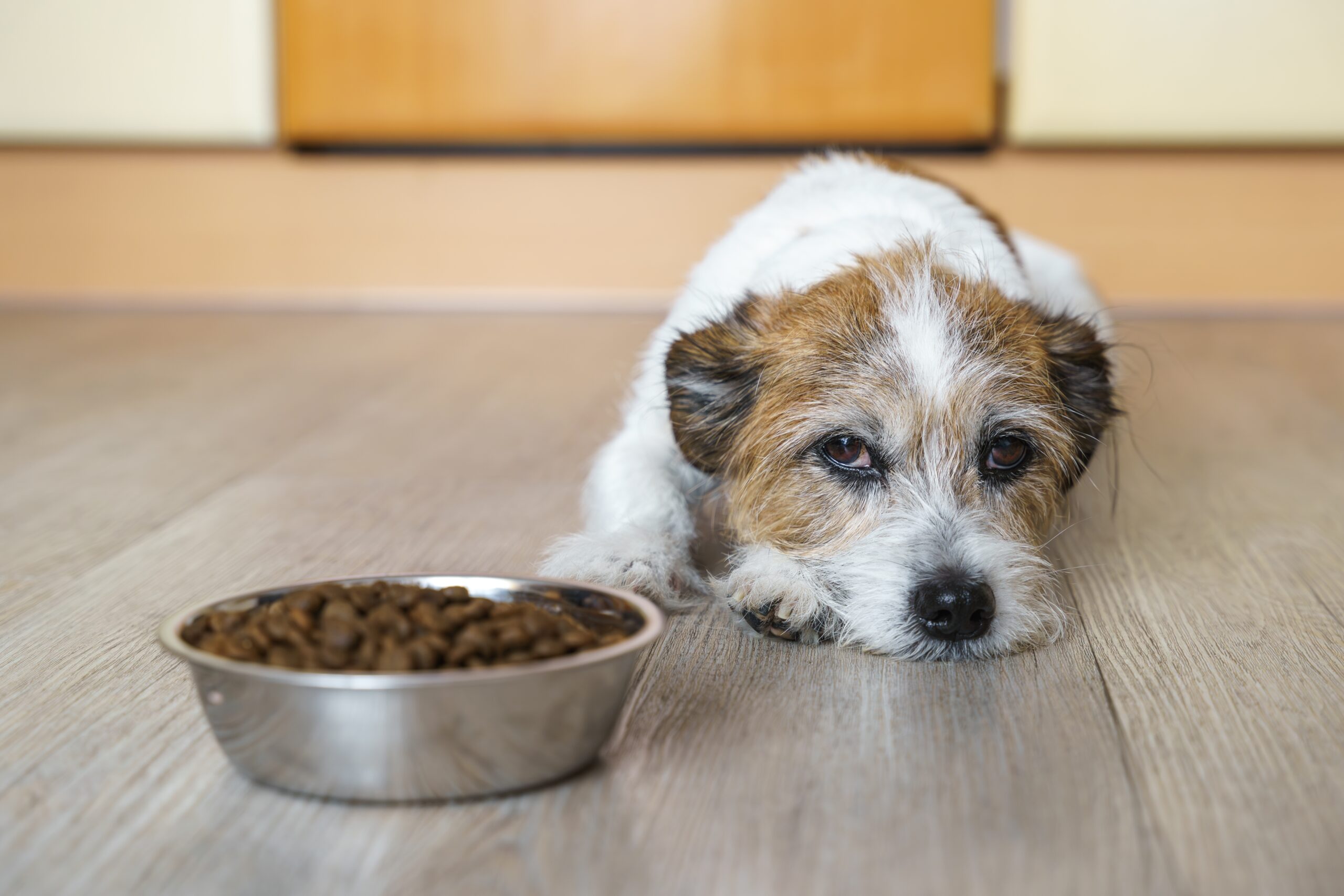
Did you know that dogs can be depressed, too? Sounds pretty unimaginable, but it’s true! One of the most common reasons why your dog might feel down is due to lack of interaction with you!
That’s right!
Dogs feel the urge to communicate with their hoomans throughout the entire day, and when you don’t give them enough credit for their pawsitive behavior – that just sends them the signal that they’re not doing something right.
Not rewarding them timely can impact their feelings in the long run, and that’s just not what you want in a pet.
#7 Leaving Them In A House For Too Long

Not taking your pooch out on a regular basis is a serious problem, especially if you used to take your boy out regularly in the past.
Every dog, from the tiniest Chihuahua to the biggest Mastiff, requires at least one outing per day. Starling et al3 argue that staying at home and not socializing your dog risks them becoming timid and afraid of unknown people and other dogs.
On the other hand, leaving your dog in a house without adequate entertainment will most likely result in separation anxiety and make your dog feel less loved.
In that regard, you should always plan your daily activities in accordance with your dog’s needs. Or, reconsider having a dog if you have a way-too-busy schedule to keep up in the first place.
#8 Scaring Them with Loud Noises
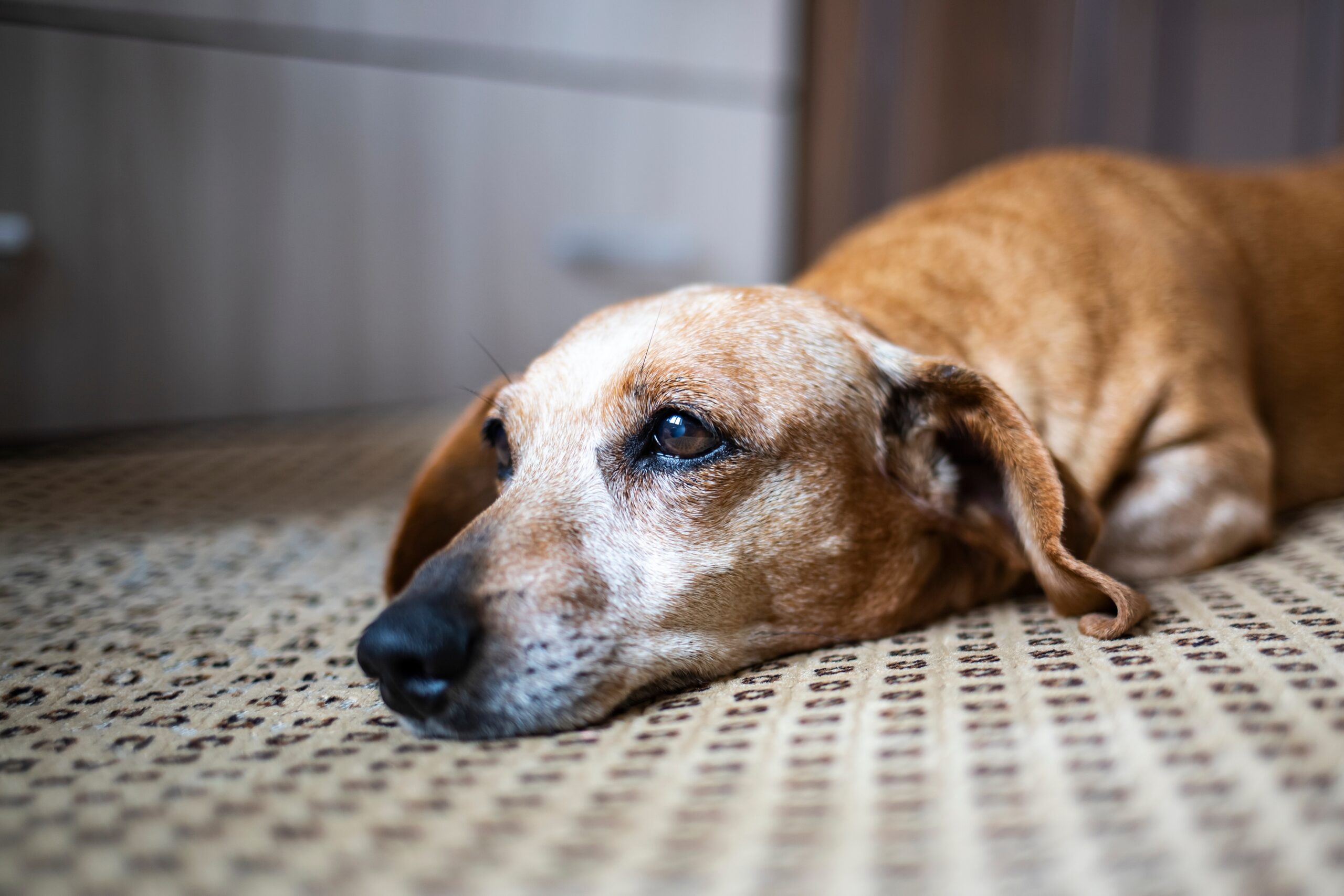
Whether it’s slamming doors, shouting, or using a loud vacuum, sudden loud noises can startle or scare your dog.
If you regularly expose them to loud sounds, it can cause them to feel anxious or frightened. Dogs may not always understand the cause of the noise, but they will associate it with a threat.
If you have a sensitive dog, try to minimize unnecessary noise or provide them with a safe, quiet space when things get loud.
#9 Not Giving Them Space
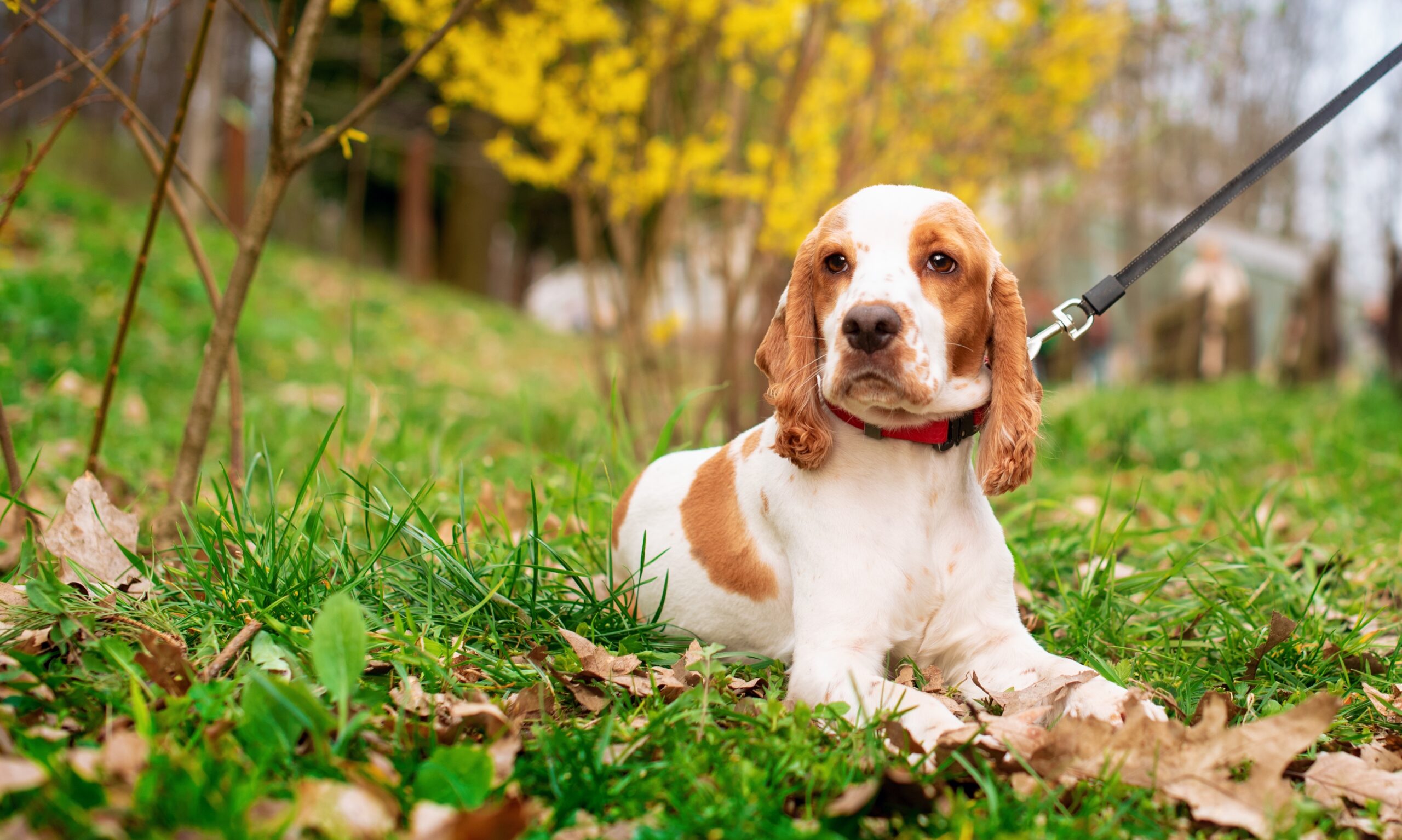
Sometimes, your dog just wants a little alone time.
Ignoring this need and constantly invading their personal space, whether it’s during nap time or when they’re playing with a favorite toy, can leave them feeling stressed or overwhelmed.
Respecting their need for space builds trust and shows them that you respect their boundaries.
#10 Not Keeping Them Active
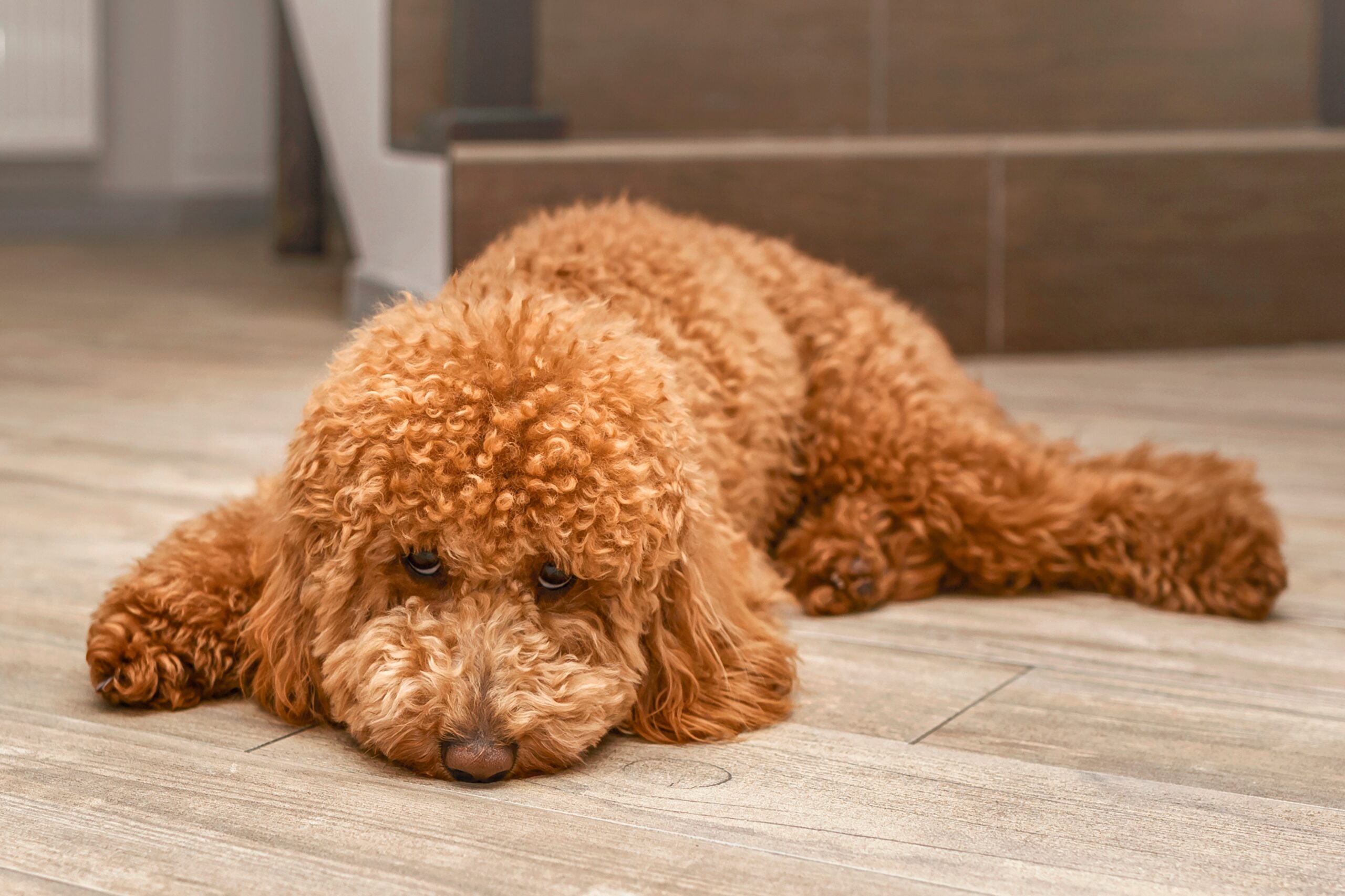
Dogs need physical and mental exercise to stay happy and healthy. If they’re not getting enough playtime, walks, or interactive activities, they can start to feel bored, frustrated, or underappreciated.
A lack of stimulation can lead to destructive behavior or anxiety, leaving your dog feeling neglected.
Make sure to keep them active to maintain their well-being.
#11 Overindulging With Treats
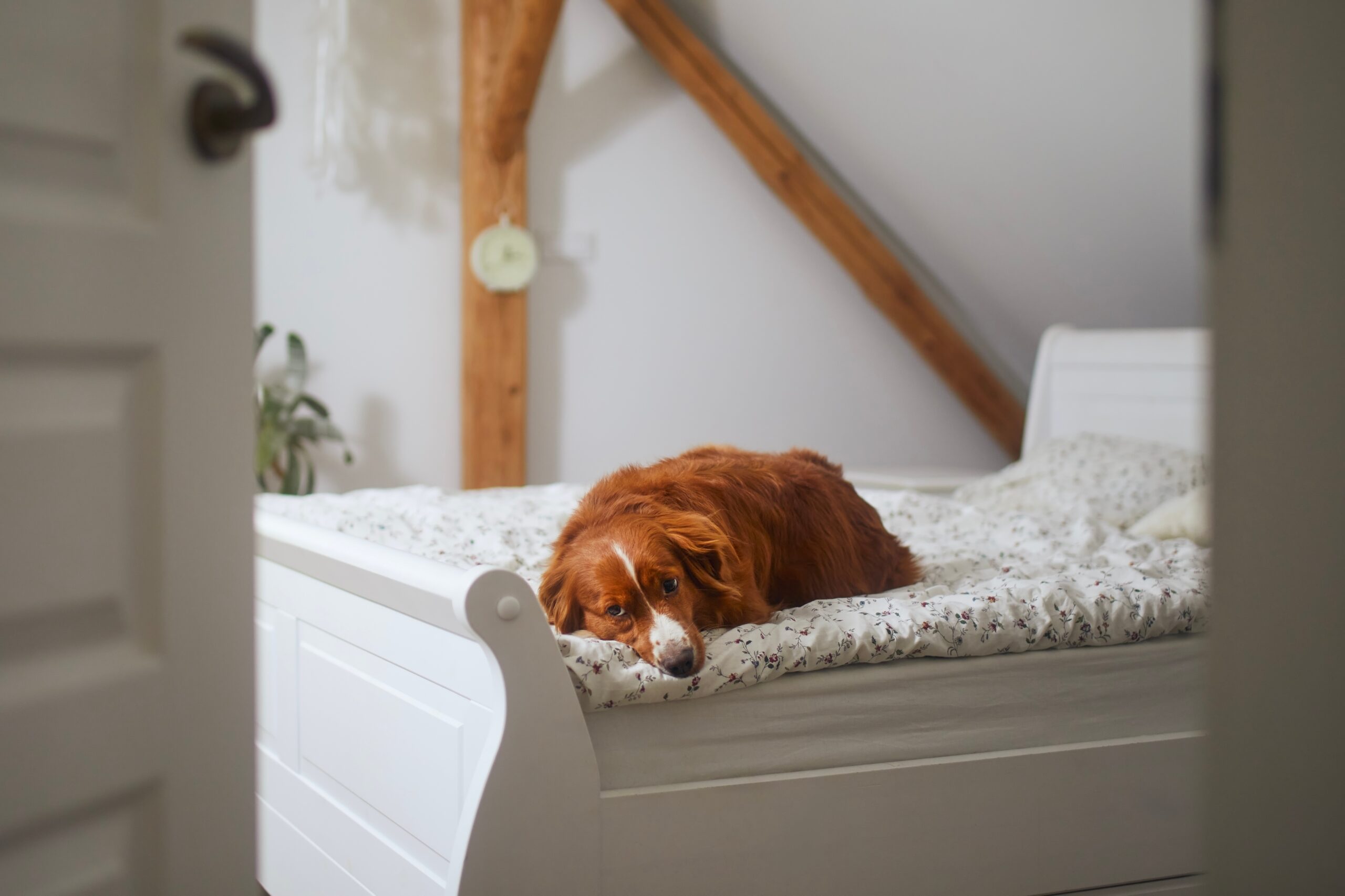
While giving your dog treats is a way to show affection, overindulging can have negative effects.
Too many treats can confuse your dog about what’s expected of them or create a sense of entitlement.
Additionally, it can lead to health problems. Instead, try to focus on quality time together, positive reinforcement, and appropriate treats that support their health.
#12 Not Reassuring Them In Stressful Situations
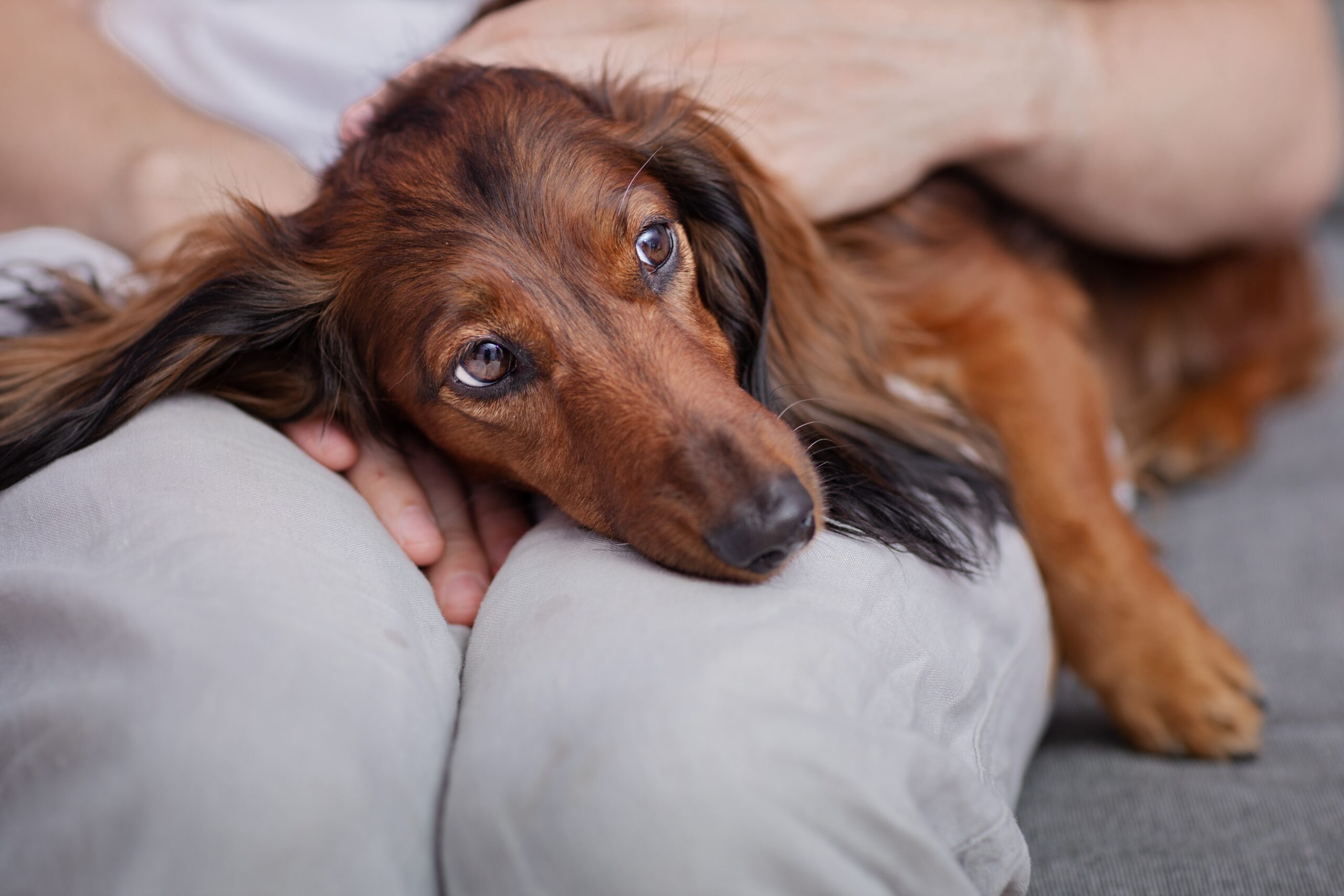
Whether it’s a visit to the vet, a car ride, or meeting new people, dogs can find certain situations overwhelming.
Not comforting them during stressful times can make them feel abandoned or scared. Offering gentle reassurance, petting, and calm words can make all the difference in how they handle stressful experiences. Your presence is a source of security for them.
#13 Punishing Them After The Fact
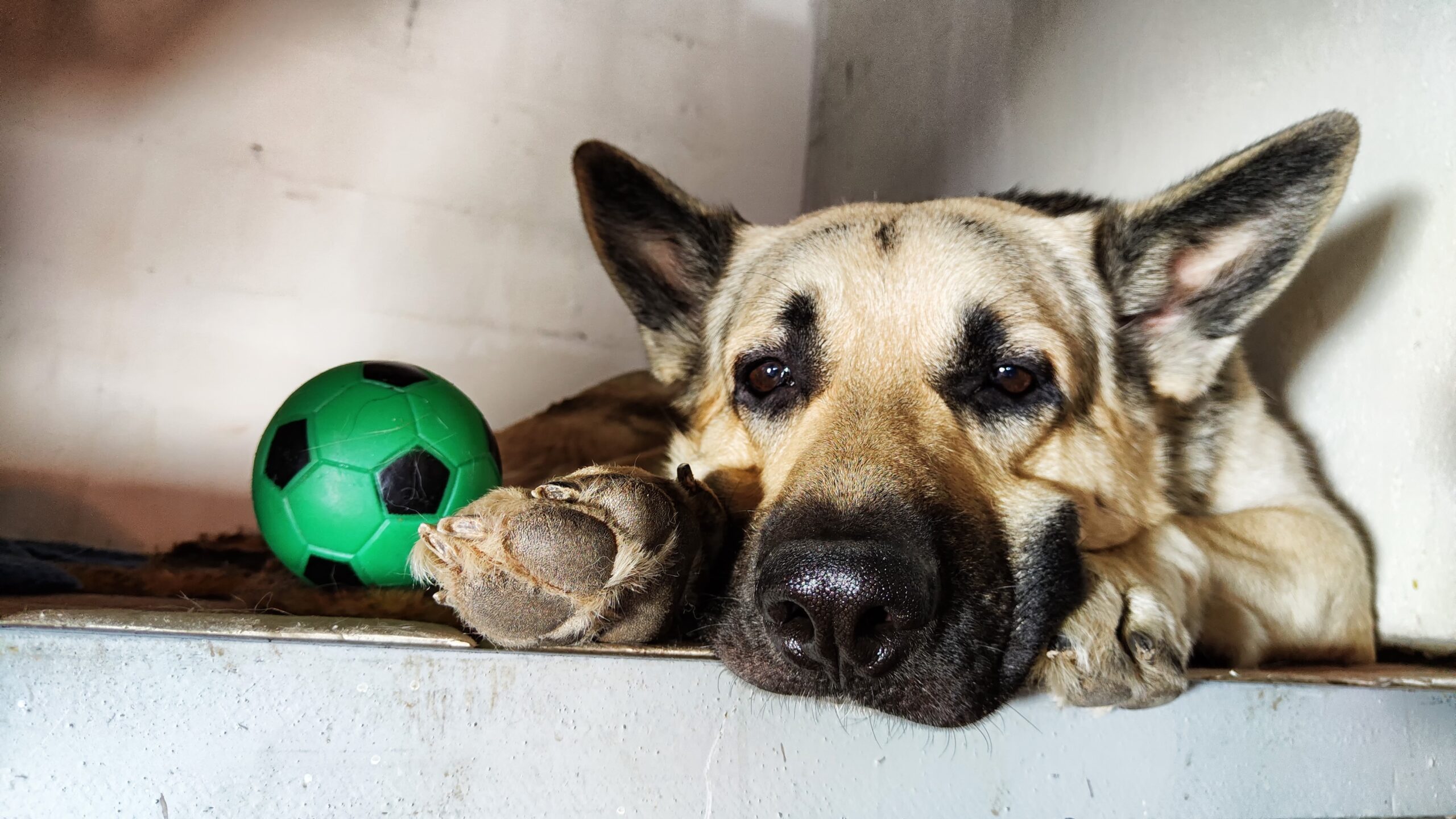
Dogs live in the present moment.
If you wait until after they’ve engaged in undesirable behavior to punish them, they won’t understand what they did wrong.
This can cause confusion and hurt their feelings, as they won’t be able to connect the punishment to their actions. Always redirect and correct the behavior in real-time for effective communication.
#14 Expecting Too Much Too Soon
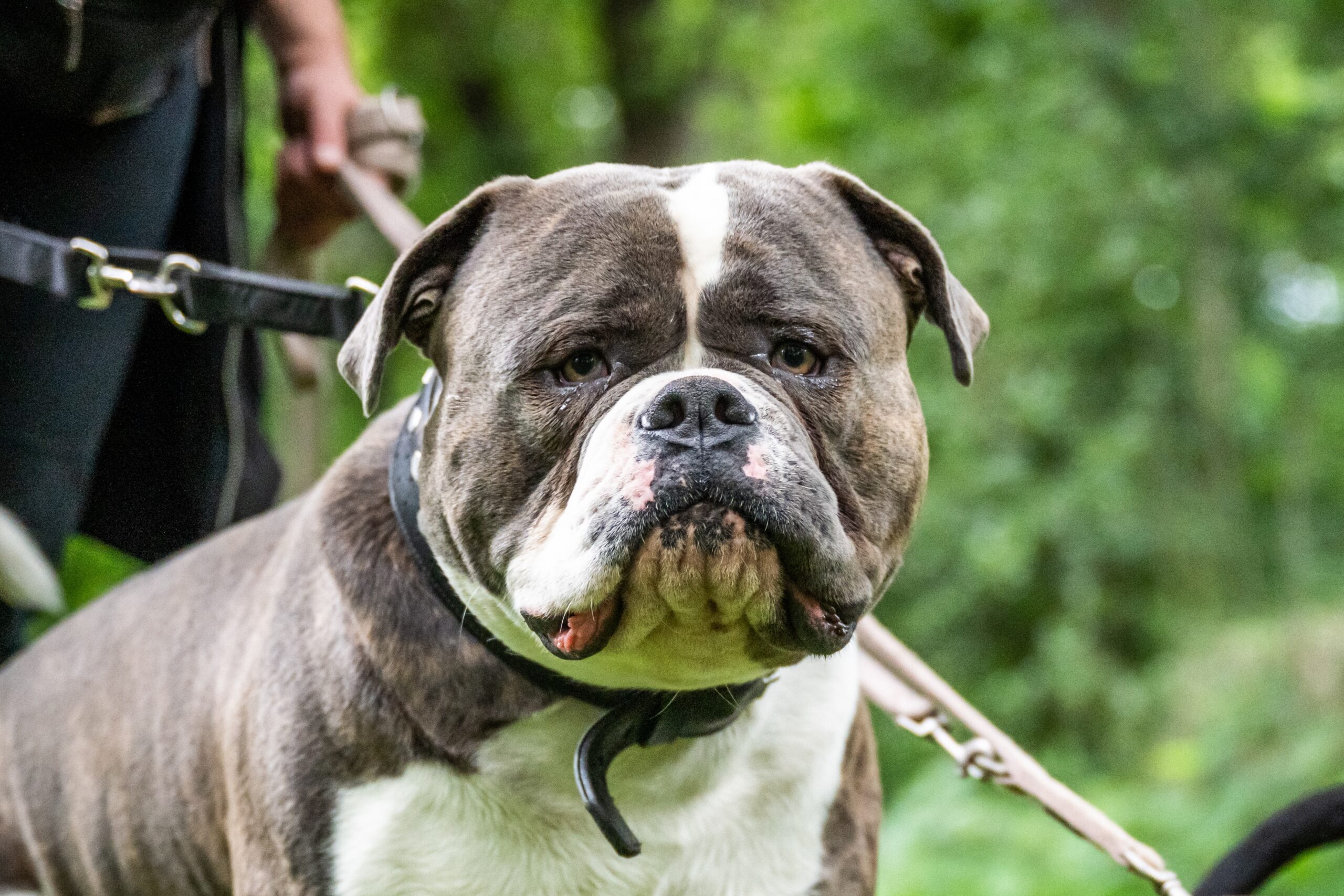
Just like humans, dogs have limits. If you push them to do things they’re not ready for—whether it’s a new trick, socializing with other dogs, or adjusting to a new home—you can overwhelm them.
This can cause anxiety, frustration, or even a breakdown in trust. Be patient and let your dog grow at their own pace.
#15 Excluding Them From Family Activities

Dogs are part of the family, and they want to feel involved. Excluding them from family activities or leaving them behind when you go out can hurt their feelings. They may feel rejected or left out.
Whenever possible, include your dog in family outings—whether it’s a hike, a trip to the park, or simply sitting together while you eat dinner.
They want to be with you!
Try These 3 Things As Soon As Possible

#1 Pet, Praise, Reward
Instead of using aversive methods to teach your dog good manners, why not build a wonderful relationship and train your dog at the same time?
Is that even possible?
Well, of course it is! Positive reinforcement is a proven training method that any respectable owner should try out. Petting, praising, and rewarding your dog whenever possible doesn’t only stimulate pawsitive behavior, but it also makes your dog eager to please all the time!
#2 Keep Them Entertained At Times Of Solitude
If you don’t have a flexible working schedule, and you must leave your dog at home for a couple of hours – don’t worry! There are always some things that you can do to make your companion’s alone time at home doable!
For starters, supply your puppy with sufficient interactive toys. That will certainly keep him busy for a couple of hours.
Treat dispenser toys are great in this regard! Other things that might work are television and music, and making sure that your dog has access to a window with a good view.
#3 Socialize As Much As Possible
The first thing you should bear in mind as a first-time owner is that socializing an adult, aggressive dog is much harder than doing so with a puppy.
That’s why you need to shower your canine with outings and socialization as much as possible in the early phase of his life.
This way, you will avoid unnecessary outbursts in the future, and your dog will surely not feel hurt or betrayed if you take it to unknown places with you.
Summing It Up
Just like humans, dogs also have feelings. They are highly intuitive beings that respond to our actions, which is why we need to be aware of their needs in the first place.
Ignoring their feelings doesn’t only hurt them in a particular moment, but it leaves long-term scars on their mental health, too!
That’s why it is highly required to keep an eye on the said things on a daily basis because hurting their feelings is certainly not the way to go!
Until next time, PupViners!
References:
- Vieira de Castro, A.C., Fuchs, D., Morello, G.M., Pastur, S., De Sousa, L., Olsson, I.A.S. (2020). Does training method matter? Evidence for the negative impact of aversive-based methods on companion dog welfare. PLoS One. DOI
- Vieira de Castro, A.C., Araujo, A., Fonseca, A., Olsson, I.A.S. (2021). Improving dog training methods: Efficacy and efficiency of reward and mixed training methods. PLoS. DOI
- Starling, M.J., Norris, J., McGreevy, P. (2020). Routine and learning games how to make sure your dog doesn’t get canine cabin fever. Retrieved from https://theconversation.com/routine-and-learning-games-how-to-make-sure-your-dog-doesnt-get-canine-cabin-fever-134248
